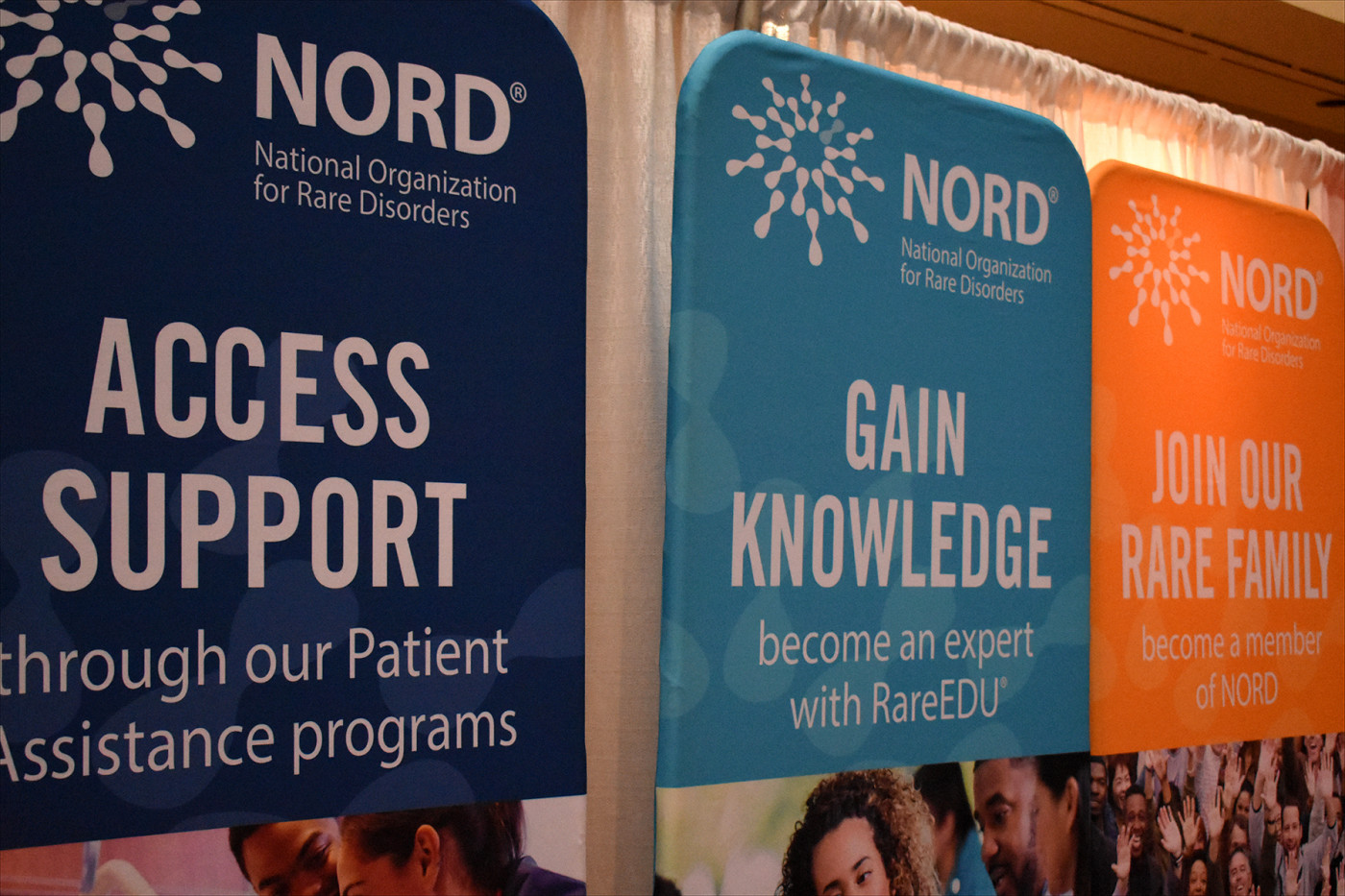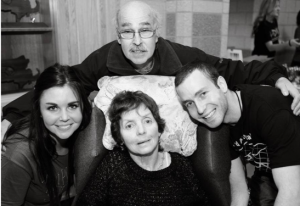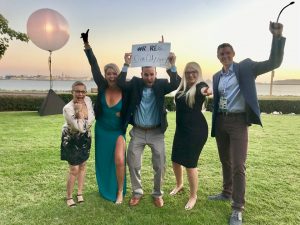Advice on Starting Nonprofit Groups for Rare and Other Diseases Focus of NORD Webinar
Written by |

Starting a 501(c)(3) tax-exempt nonprofit isn’t easy, but the National Organization for Rare Disorders gave a few tips for those looking to begin the complex process in its Feb. 20 webinar.
William Whitman, a senior project manager in NORD’s membership department, Jason Qu, a managing attorney at the D.C. Bar Pro Bono Center, and Seth Rotberg, co-founder of the nonprofit Our Odyssey, showed viewers where to begin in the quest to start a nonprofit.
Their leading case study involved Mila’s Miracle Foundation, which raised money needed to bring a novel individualized therapy to Mila Makovec, a girl with a rare and deadly disorder called Batten’s disease.
Mila’s mom, Julia Vitarello, started the organization in 2016 after her daughter’s diagnosis. Vitarello raised $3 million within a year.
“It starts with the power of storytelling, sharing with family and friends,” Whitman said in the webinar.
Vitarello’s social media post about sequencing Mila’s genome alerted the wife of Timothy Yu, a physician at Boston Children’s Hospital, who went on to develop Mila’s treatment.
Avoiding nonprofit pitfalls
Qu explained the benefits of starting a 501(c)(3) compared to other types of tax-exempt organizations. He said a 501(c)(3) shields an organization from having to generate revenue, gives donors unique financial incentives, opens dedicated funding sources, and generates trust because of its clear oversight and heightened transparency.
The longest part of Qu’s presentation included essential considerations for anyone thinking of starting a nonprofit 501(c)(3).
Before filling out state registration forms, Qu cautioned potential founders to start with essential research. If they create a foundation that overlaps with the mission of another, it “strains the sector as a whole,” Qu said.
Rotberg said he made sure that his organization, which “empowers young adults impacted by chronic and rare conditions” through community meet-ups, didn’t do that. He surveyed the rare and chronic disease community first.
“What is it that makes it such a niche and such an unmet need that it has to be established” is an initial consideration, Rotberg said in the webinar.
Rotberg, who lives in Boston, was diagnosed with Huntington’s disease through genetic testing that he underwent after witnessing his mother’s disease and its progression. He decided youth with other life-threatening conditions deserved greater community and support.
After doing this research, a second step is to create a business plan that includes a mission statement, a description of specific programs planned, and a survey of the landscape.
Qu then moved to what he believes is one of the biggest pain points in starting a nonprofit — putting together a board of directors. He said new founders should be comfortable diverting control to board members, select a diverse set of talent, and vet potential conflicts of interest.
Finding a close group of people who could help to advise and grow an organization was important for Rotberg when he started Our Odyssey. He added that paid staff members, in his point of view, should not serve on the board.
Qu also noted that 501(c)(3)’s cannot participate in campaigns for public office, and must limit their lobbying efforts.
Saving time and money
Costs associated with filing state and federal forms must also be considered, as they can range from $500 to $1,000. Founders should be prepared to either foot the bill or ask for donations.
If an organization expects to receive less than $50,000 in donations over its first three years, it can file an 1023-EZ tax form for about $275. Otherwise, it will have to fill out the 30-page 1023 form, which costs about $600. Founders must disclose any money given before 501(c)(3) status, because it is not tax-deductible.
Rotberg, who received his master’s in nonprofit management at DePaul University, ended the presentation portion of the webinar by talking about what he learned in starting his own foundation.
He said it’s important to land on an organization name that isn’t already used as a domain name online.
Rotberg and group co-founder Kristina Wolfe, who lives in North Carolina, also opted to direct their focus on their strategic plan, recruiting volunteers and creating limited events for the first year.
“Rather than do three to five program services that are OK, why not focus on one to two you can do really well and improve on those each year,” Rotberg said.
Resources to help
Our Odyssey is part of the NORD membership network, along with 308 other patient organizations. The network offers advocacy, access, promotion, and education services.
NORD also offers assistance to those interested in starting an organization, including mentorship services and toolkits. It is also expanding what it calls its Rare Launch program, created to help people creating a nonprofit that represents “their patient community.” More information is available by writing [email protected].
Those interested in starting a nonprofit can also connect with the national network Exponentum, which includes Qu’s legal pro bono center and 20 other pro bono organizations, for free legal assistance.
One viewer asked, during the Q&A portion, if a bank account is necessary to start a nonprofit. Qu said there’s no requirement but recommends the organization apply for one early on.
He also addressed a question about starting an organization in the U.S. while living abroad. The short answer is that it’s possible, as long as the founder establishes a physical presence in the state of incorporation.
Another viewer asked Rotberg how he balances running Our Odyssey full time as a volunteer. “It’s a hustle,” he said, but went on to thank his board members and volunteers for picking up some of the slack.
Starting a nonprofit is a team sport.




